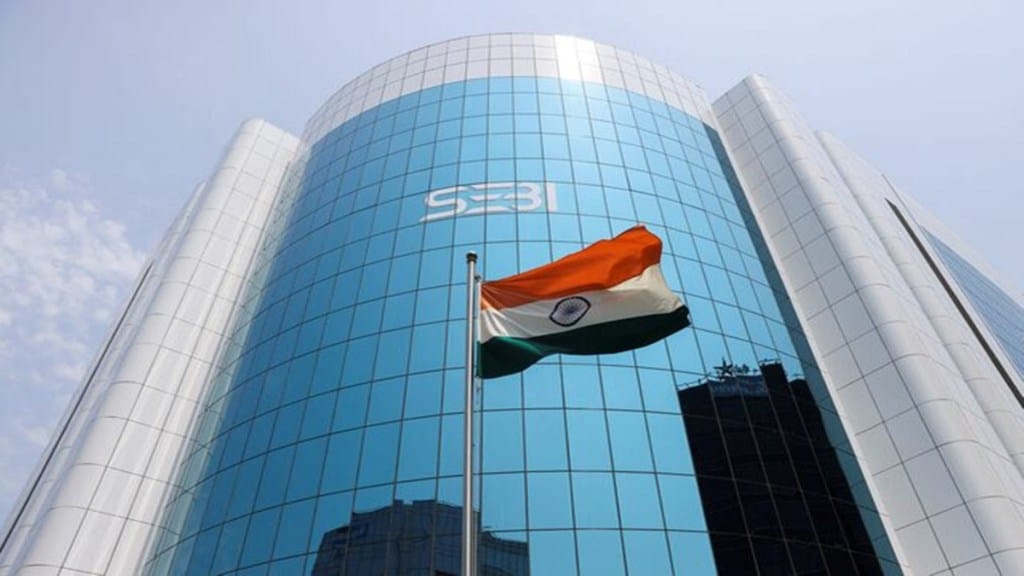The Securities and Exchange Board of India’s (SEBI) latest mandate on having two expiry days for stock exchanges makes one thing clear — it wants to encourage healthy competition. More importantly, the regulator has taken the tricky call of deciding that while allowing expiries on all days will lead to hyperactivity that could hurt investor protection and market stability, having it on a single day will increase concentration risk. “In the multi-exchange framework, spacing out of expiry days through the week reduces concentration risk and provides an opportunity to stock exchanges to offer product differentiation to market participants,” the circular issued on Monday said. On the face of it, the market regulator is mandating a predictable trading calendar and spreading the expiry day-specific speculative surges through the week. This has been a concern, especially since retail enthusiasm in derivatives market has not come down despite the strict guidelines. In fact, the share of retail investors in premium turnover of index options stood at 35.7% in FY25, marginally up from 35% in FY24, according to National Stock Exchange (NSE) data.
SEBI’s decision comes at a time when the country’s largest exchange — NSE — has been strongly advocating single-day expiry. A few months ago, NSE MD and CEO Ashish Chauhan said in an event that SEBI’s perspective of reducing daily expiry won’t be met, if stock exchanges continue to have multiple expiries on different days. “So, for me, if you want to really remove that, you need to have one single day, whichever way.” Proponents of single expiry believe that a level playing field, which protects investors and still gives operational freedom, should be the template. They point to advantages like reduction in expiry-day arbitrage between platforms and continuity planning (especially during outages). Also, any new exchange would follow the same structure. Of course, it means tighter risk management and coordination, particularly around volumes and surveillance.
But the counterargument that a two-day expiry would prevent a monopoly is equally strong, especially in a growing stock market like India. It will not allow one exchange to dominate market share in derivatives, like NSE used to, a few years back. As of March 2025, BSE’s share in the derivatives market was 36.5%, having risen almost tenfold from 4.2% in the second quarter of FY24. And it has been primarily due to the difference in expiry days, among other measures. With two exchanges — Metropolitan Stock Exchange of India and National Commodity and Derivatives Exchange Limited — entering the fray, the market regulator’s guidelines are expected to give more option to the new players. Historically, Indian exchanges have had the flexibility to determine expiry days, which is a norm in the US where exchanges even offer 0DTE (zero day to expiry) options, giving traders full flexibility while relying on advanced monitoring.
However, Indian exchanges have not covered themselves with glory over the years. NSE was formed in the mid-nineties after BSE faced a series of scams. But in the last decade, NSE has also found itself embroiled in a series of controversies — the ones it is seeking to settle with the market regulator to get permission for its initial public offering. No wonder, SEBI’s approach is cautious. It seeks to have more competition, smooth market activity, and reduce the burden on surveillance systems. Most importantly, it does not want to put all its eggs in one basket.


